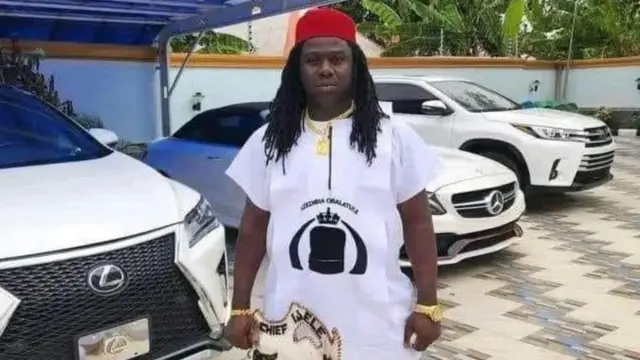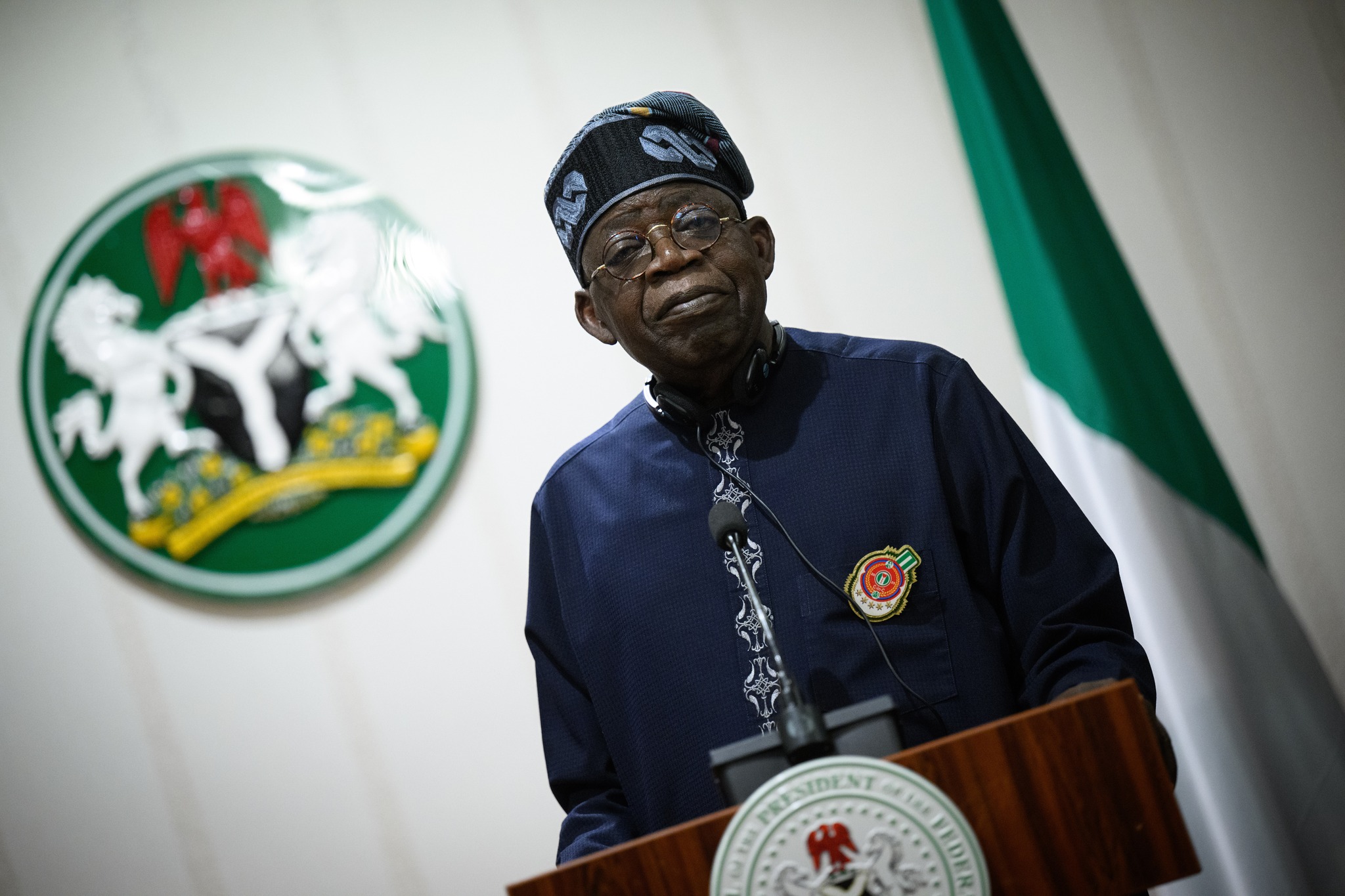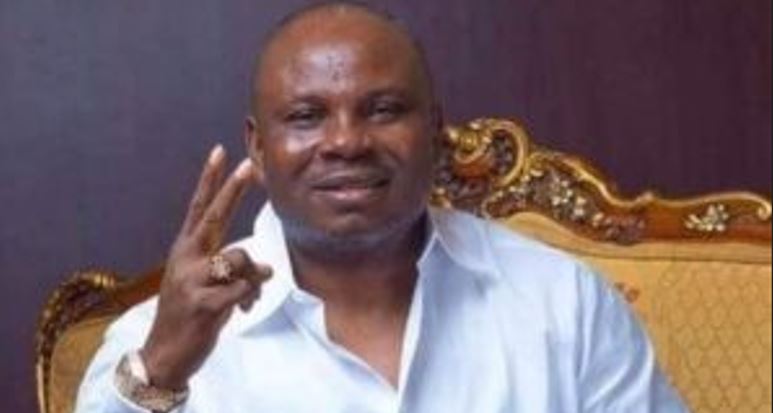In a dramatic turn of events, the Anambra State government has arrested the controversial self-proclaimed native doctor, Akwa Okuko Tiwara Aki, in what authorities describe as a decisive move against crime and the growing menace of ritualistic fraud in the region. The arrest, carried out in a covert operation by security forces, has sparked heated debates, with some alleging an attack on Igbo traditional religion (ITR), while others insist that it is a necessary step in curbing criminality in AlaIgbo.
The Myth vs. The Reality
Akwa Okuko, known for his extravagant lifestyle and public boasts of possessing supernatural powers, has long been a figure of controversy. From openly advertising charms like Oke-Ite, Ibubo, and other alleged “money-making” rituals, to reportedly providing spiritual protection to known criminals, his activities have raised serious concerns among security agencies and the wider public.
For those attempting to frame his arrest as a suppression of ITR, a historical lesson from Professor Chinua Achebe’s “Things Fall Apart” comes to mind. In the novel, Unoka, the lazy father of Okonkwo, was rebuked by the priestess of Agbala, who told him to “go home and work like a man.” This underscores a fundamental truth in Igbo spirituality—hard work, not fraudulent shortcuts, is the path to prosperity.
Thus, the arrest of Akwa Okuko is not an attack on Igbo traditional worshippers but a crackdown on what many consider to be a distortion of Igbo spirituality. Authorities argue that he and others like him have corrupted traditional practices, luring young people into dangerous illusions of wealth without labor while allegedly aiding criminal syndicates.
A Web of Criminal Connections
The security crisis in Anambra, particularly the surge in kidnappings and cybercrime, has been linked to a network of so-called “internet native doctors” who provide charms to criminals, promising them invincibility. Almost every major arrest of kidnappers in recent times has involved suspects found in possession of charms, many of whom had ties to figures like Akwa Okuko.
Even those neutralized by security forces in forest hideouts were found with fetish items meant to shield them from bullets. The evidence is overwhelming—these individuals are not mere “herbalists” or “traditional healers” but criminal enablers.
A key question remains: who is preparing the charms for these kidnappers, bandits, and so-called yahoo boys who have now graduated to full-blown armed robbery? Intelligence reports suggest that certain individuals, posing as “traditional doctors,” serve as facilitators for criminals, offering them “protection” while collecting hefty sums for their services.
Government’s Position: No Sacred Cows in the Fight Against Crime
Governor Charles Chukwuma Soludo, though widely criticized for various policies, has drawn a firm line on security. His administration insists that the arrest of Akwa Okuko is part of a larger strategy to dismantle the infrastructure of crime in Anambra and the wider Southeast.
“We are tired of burying our loved ones,” said a top security official who spoke on condition of anonymity. “The same people crying about Akwa Okuko today will be the first to complain about insecurity tomorrow. If he is innocent, let him prove it. But we cannot continue to allow people to hide under ‘culture’ and ‘tradition’ to promote crime.”
A Southeast-Wide Security Emergency
Anambra has, unfortunately, earned the dubious title of Nigeria’s kidnapping headquarters in terms of ransom payments. With the region’s small landmass and high population density, crime spills over easily across state borders. What happens in Anambra affects Imo, Abia, Ebonyi, and Enugu.
The notion that the Southeast is now synonymous with crime has become a source of national embarrassment, with many calling for a collective effort to restore law and order. While Soludo’s administration is far from perfect, this battle is beyond politics—it is about reclaiming the dignity of the region.
Final Thoughts: A Call for Order, Not Sentiment
The question remains—why should a man who claims innocence be afraid of government scrutiny? If Akwa Okuko has nothing to hide, let him clear his name through due process. But attempting to spin his arrest into an attack on Igbo traditional religion is intellectually dishonest.
The truth is clear: this is not about religion—it is about security. If we want to return AlaIgbo to its former status as one of the safest regions in Nigeria, we must allow law enforcement to do its job without undue interference.
As the investigation into Akwa Okuko’s activities unfolds, one thing is certain—Anambra State is sending a message that crime, no matter how deeply rooted in “spiritual protection,” will no longer be tolerated.



